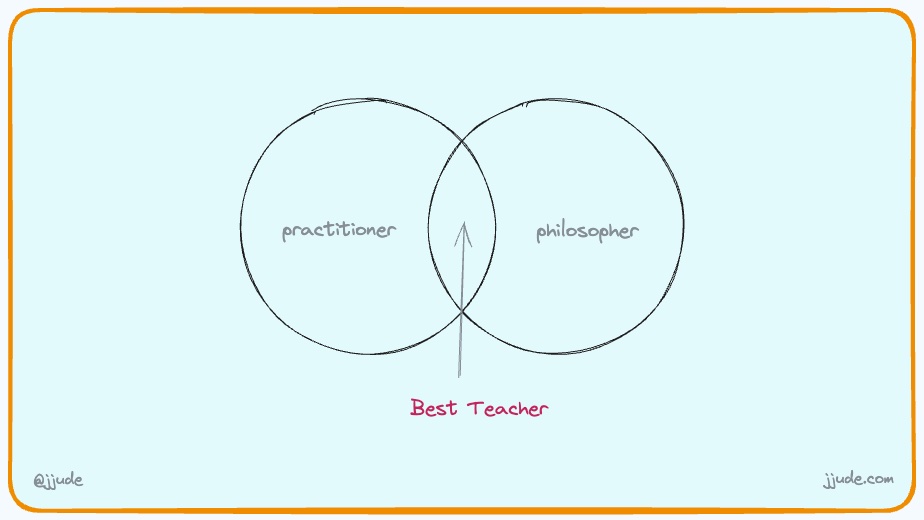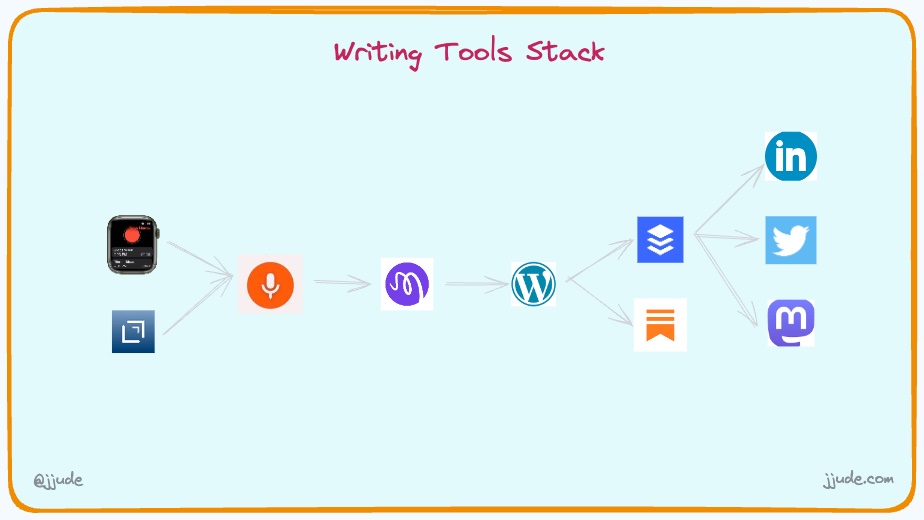Writing, for me, is a quest for answers.
In the corporate world, I write to share what I know or have decided. This type of writing conveys information and decisions. But outside the corporate sphere, I write to seek answers and use it as part of my learning process. I write to explore different perspectives on concepts I’m learning or pondering, and this approach helps me find answers.
Sometimes I ask my friends for input on what I’m learning. This method, however, can be messy since it requires them to define their thoughts and explain their perspectives-which is time-consuming and friction-filled. Instead, I state my position on a concept and share it, so they can ask questions or poke holes in it.
The responses from my friends typically fall into three categories:
- identifying flaws or gaps in my thinking,
- puncturing holes in my argument, or
- offering alternative perspectives.
Firstly, they might point out flaws or gaps in my thought process. Flaws indicate that I am thinking about a concept incorrectly, while gaps suggest that my understanding is incomplete or missing key points.
Secondly, they could challenge my argument by highlighting its weaknesses and explaining why they believe it’s incorrect. This helps me refine my position and consider new ideas.
Finally, they may offer alternative perspectives that enrich my understanding of the topic at hand. By incorporating their insights into my writing, I continue to learn and grow as a thinker and writer.
Imagine I’m exploring value investment and have developed a framework based on four parameters. By putting my ideas out there, others can chime in and question why I chose those parameters or suggest alternatives. This exchange of ideas brings clarity and deepens my knowledge.
If you’re struggling with a concept, I encourage you to write about it and share your perspective. This way, you invite others to engage in meaningful conversations that can provide the answers you seek. Whether it’s project management, investing, or any other topic, writing opens doors to learning and growth.

